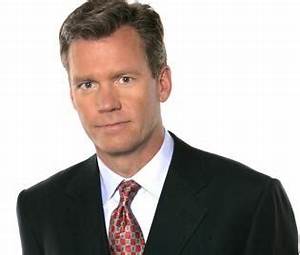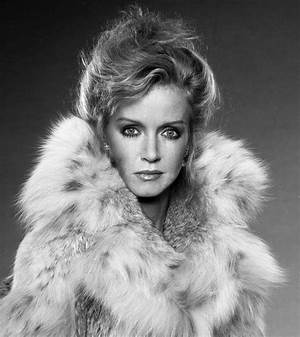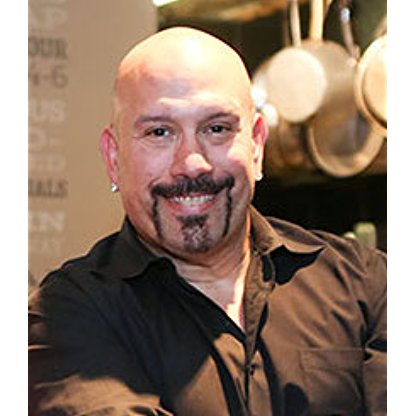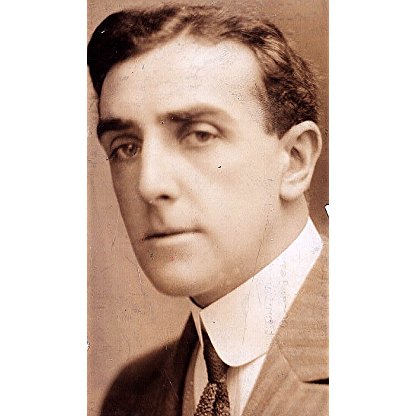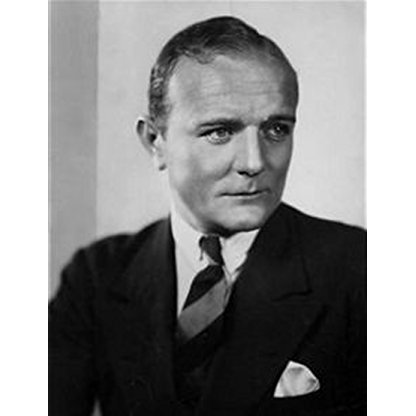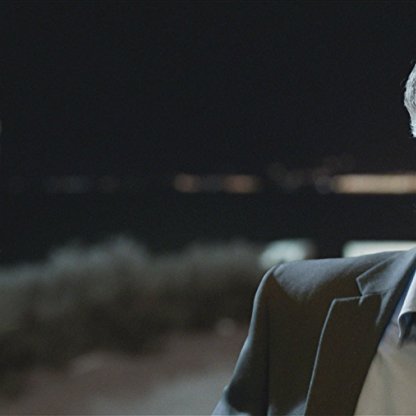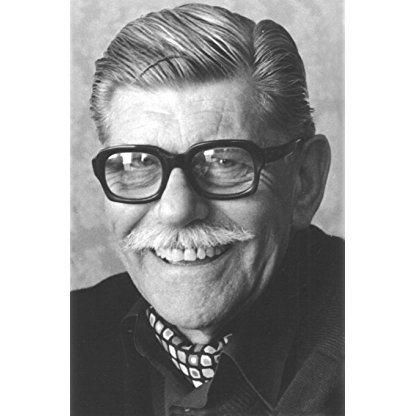He was deeply involved in the fight to preserve the editorial independence of the BBC in Northern Ireland after the so-called "Real Lives" controversy when Margaret Thatcher's cabinet called for a current affairs programme to be pulled from the schedule. Hawthorne's stance in standing up to government pressure, at no small cost to himself, makes him one of the most significant figures in the story of UK broadcasting in the latter half of the twentieth century. His background in education was apparent in his time as Controller of BBC Northern Ireland, where he expanded education and drama, and encouraged local dramatists to create work about Northern Ireland for international audiences. He also introduced Irish-language broadcasts, reversing a BBC Dominions Office ban from the 1930s on Gaelic broadcasting in the UK.
